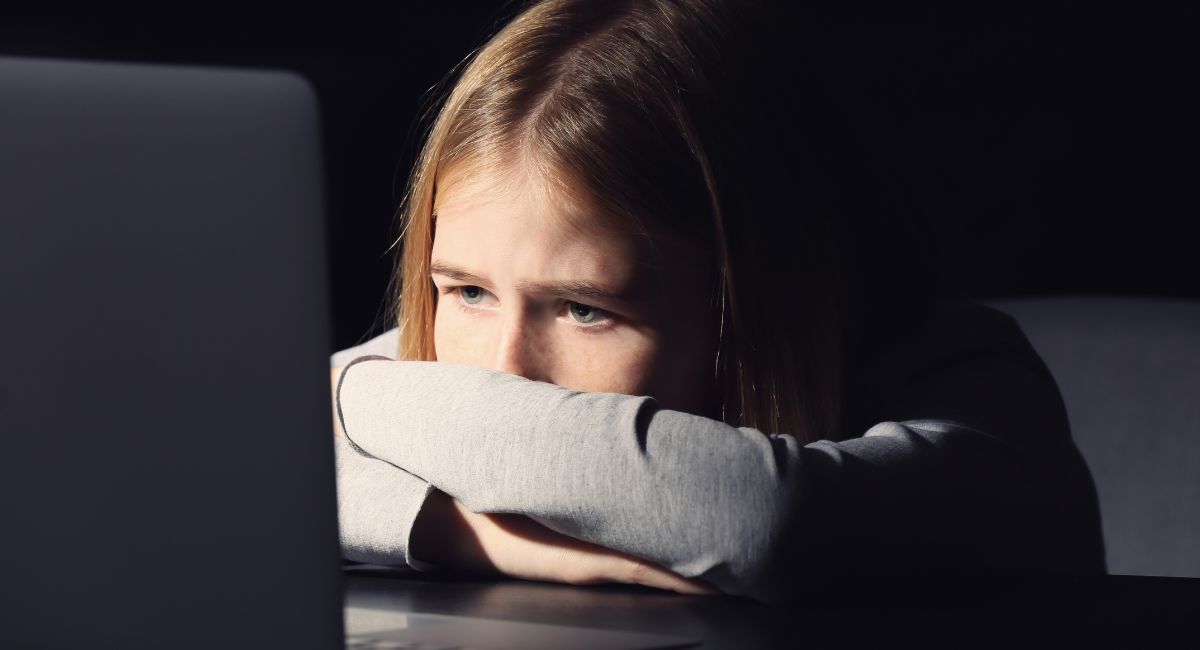Ever felt helpless watching your grown child battle something you can’t fix with a hug or a home-cooked meal? Seeing them struggle with depression or anxiety is heartbreaking, and it’s easy to wonder if you’re saying the wrong things or not doing enough. You’re not alone—many parents feel this same mix of worry, love, and frustration.
This blog is here to make things a little easier. We’ll walk through Helping Your Adult Child Cope with Depression and Anxiety in a way that feels practical and hopeful. You’ll learn what signs to look for, how to offer support without overstepping, and when to consider professional help. By the end, you’ll have clear steps you can take to make a real difference in your child’s life.
Understanding Depression and Anxiety in Adult Children

Depression and anxiety are not just phases. They are real medical conditions that affect mood, behavior, and daily life. In adult children, these conditions often appear differently compared to teenagers. They might not cry or isolate in the same way younger people do. Instead, they may show it through anger, withdrawal, or constant worry about work and relationships. Knowing how to talk to your adult child about mental health is the first step toward helping.
According to the National Institute of Mental Health (NIMH), nearly 21 million adults in the U.S. experienced at least one major depressive episode in the past year, and anxiety disorders affect about 40 million adults annually. These numbers show how common mental health struggles are in adulthood. By learning about these conditions, you can offer emotional support for a depressed adult child without judgment or misunderstanding.
Common Signs Your Adult Child May Be Struggling
Parents often wonder, “What are the signs your adult child is depressed?” Some symptoms are easy to miss because adults learn to mask their feelings. If your child avoids social activities, loses interest in hobbies, or seems constantly tired, these could be warning signs. Changes in eating habits, sleeping too much or too little, and irritability are other common red flags.
You should also look out for recognizing mental health problems in adult children like frequent headaches, unexplained pain, or constant nervousness. If these symptoms last for more than two weeks, it may be time to ask what to do if your adult child is depressed and explore ways to help them cope without making them feel pressured.
Why Do Depression and Anxiety Occur in Adult Children?
Parents often ask, “Why do adult children struggle with anxiety and depression?” There isn’t a single answer. Mental health struggles usually stem from multiple factors, including physical, psychological, and social elements. For example, some people are more vulnerable because of genetics, while others develop depression after stressful events like divorce, job loss, or financial issues.
In today’s fast-paced world, many adults feel pressure to succeed, which can lead to chronic stress and anxiety. Social isolation, lack of emotional connection, and major life transitions also play a big role. Understanding these root causes helps you avoid blame and instead focus on effective coping strategies for anxiety and depression that can truly make a difference.
How Can Parents Provide Emotional Support Without Overstepping?
Parents naturally want to fix everything, but adults need autonomy. The best approach is supporting an adult child with mental health issues by listening more and judging less. Use open-ended questions and phrases like, “I’m here if you want to talk” instead of giving constant advice. This method creates trust and makes your child feel valued.
Setting boundaries matters too. You can offer ways to support adult children with anxiety without controlling their decisions. Avoid statements like, “You should just snap out of it,” because that minimizes their experience. Instead, practice active listening and validate their feelings. The best ways to communicate with a depressed child involve patience, empathy, and respect for their independence.
Practical Ways to Help Your Adult Child Cope Day-to-Day

Everyday support makes a huge difference. Encourage healthy habits for managing mental health such as regular sleep, balanced meals, and exercise. These simple steps can boost mood and reduce anxiety. If your child is open to it, suggest mindfulness techniques like meditation or deep breathing exercises. These methods have been shown to work well for managing anxiety and depression
It’s also important to keep communication open without making every conversation about their illness. Share positive activities like cooking together or taking a short walk. These small actions can help them feel less alone. When you focus on connection rather than control, you provide the tips for parents of an anxious adult child that matter most.
Professional Treatment Options for Depression and Anxiety
When symptoms persist, when to seek professional help for your adult child becomes an important question. Treatment usually involves counseling, medication, or a combination of the two. Does therapy help adult children with depression? Absolutely. Cognitive Behavioral Therapy (CBT) and other forms of counseling have shown excellent results. In severe situations, healthcare providers often prescribe antidepressants.
Parents can help by researching therapy options for adult children with anxiety and depression and sharing information without forcing decisions. If your child resists professional help, gently remind them that therapy is a tool for healing, not a sign of weakness.
Online Counseling and Teletherapy: Are They Effective?
Since the pandemic, online counseling for adult children has become a popular choice. Platforms like BetterHelp and Talkspace allow people to connect with licensed therapists from home. This is especially helpful for those who feel uncomfortable visiting a clinic. Research shows teletherapy can be just as effective as in-person sessions for many conditions.
However, online therapy isn’t for everyone. Some people may still prefer face-to-face meetings for a stronger personal connection. If your child is unsure, suggest starting with one online session. This low-pressure approach helps overcome fear and can be the first step toward recovery.
The Role of Healthy Lifestyle Habits in Recovery
Building a healthy lifestyle plays a key role in mental health. Simple healthy habits for managing mental health include regular exercise, eating nutrient-rich foods, and getting enough sleep. These habits improve brain chemistry and reduce stress hormones. Encourage your child to avoid excessive alcohol or substance use, which can make depression worse.
Social connection is also vital. Suggest joining a local group, volunteering, or even reconnecting with old friends. Engaging in meaningful activities can boost self-worth and reduce feelings of isolation. When lifestyle changes become routine, they serve as powerful effective coping strategies for anxiety and depression.
When to Intervene: Recognizing a Mental Health Crisis
Sometimes depression becomes life-threatening. Knowing when depression becomes a crisis in adult children can save lives. Warning signs include talk of suicide, giving away possessions, or sudden calmness after a long period of distress. If you suspect immediate danger, call 988, the Suicide and Crisis Lifeline in the United States.
In a crisis, act quickly but calmly. Do not leave the person alone and avoid judgmental language. Offer reassurance and professional help immediately. If necessary, take your child to an emergency room or call emergency services for assistance.
Self-Care for Parents Supporting an Adult Child

Parents often forget to care for themselves while focusing on their child. Caring for an adult child with depression can drain emotional and physical energy. That’s why it’s important to set healthy boundaries and practice stress management. You might consider joining a parent support group, talking to a counselor, or simply taking time for hobbies that make you happy.
Remember, you cannot pour from an empty cup. When you care for your own mental health, you become a stronger source of stability for your child. Your well-being is just as important as theirs.
FAQs
Q: Should I bring up my child’s depression every time we talk?
No. Let them lead. Sometimes they’ll want a break from discussing it.
Q: What if my child refuses all help?
You can’t force them, but you can stay connected, express care, and gently offer resources over time.
Q: How do I know if it’s an emergency?
If your child talks about wanting to die, harming themselves, or shows sudden extreme withdrawal, treat it as urgent. Encourage immediate help.
Q: What if supporting my child is damaging my marriage or health?
You must balance. Setting boundaries, seeking your own counseling, and being honest about limits is essential.
Q: How can I help without living nearby?
Regular calls, small care packages, arranging telehealth resources, or visiting when possible all show presence from a distance.
Final Thoughts
Helping your adult child cope with depression and anxiety is a journey, not a quick fix. Be patient, stay informed, and keep communication open. Whether it’s learning how to help a grown child with depression, finding the best ways to communicate with a depressed child, or understanding when to seek professional help for your adult child, every small effort counts. Recovery takes time, but with love, understanding, and proper support, a brighter future is possible.

